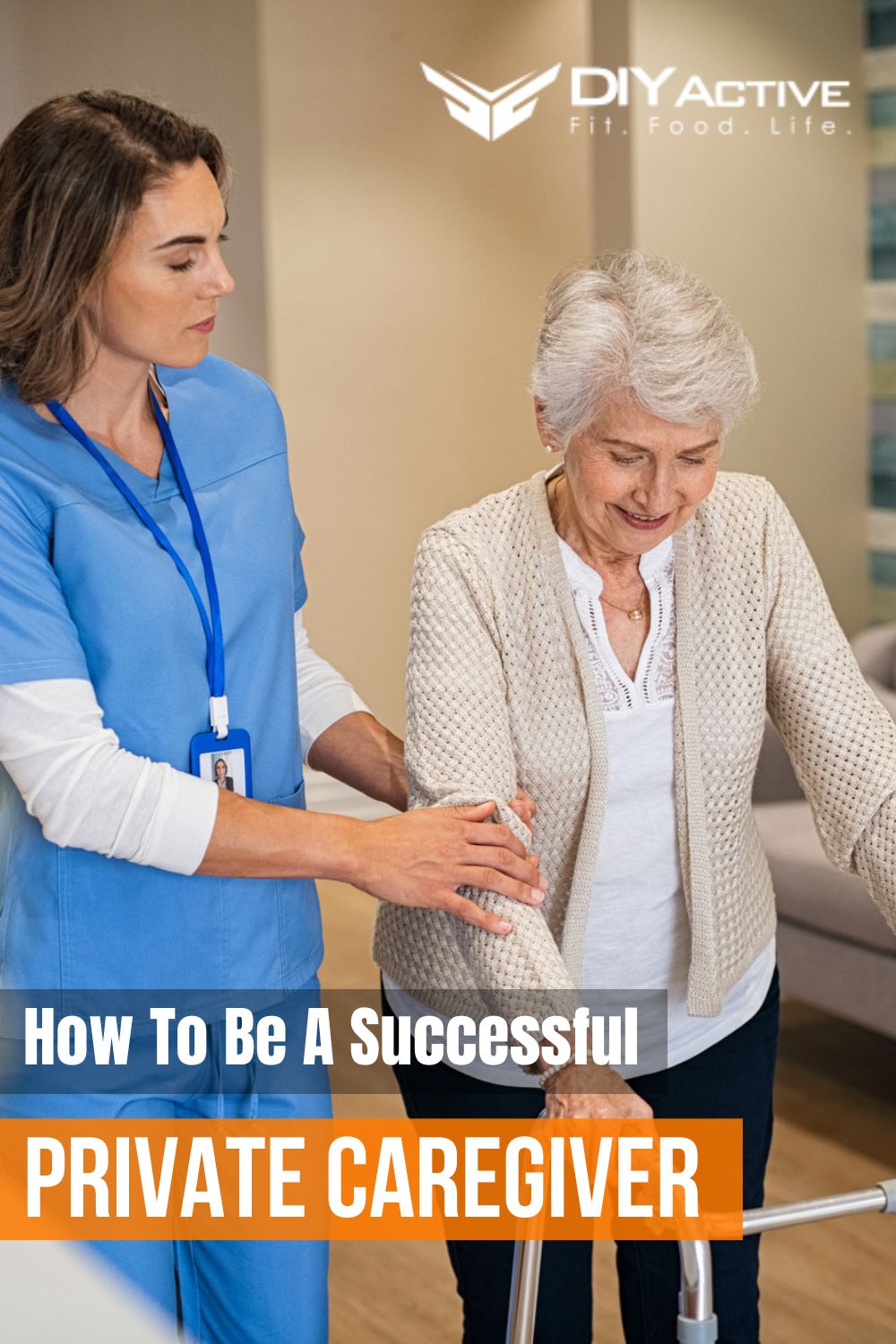This post may contain affiliate content from which we earn a small commission at no additional cost to you. Read our full disclosure.
What is Private Caregiver?
Private caregivers are undoubtedly one of the most honorable but physically and emotionally demanding jobs. Not only do you get to earn a good living, but you’re also essentially changing each patient’s life. This is even more so when you become a private giver, where you can work on only one patient at any given time. Your patient’s overall quality of life depends greatly on the level of care they receive, much of which falls under your hands as the private caregiver.
Ways To Become A Successful Private Caregiver
Whether you intend to continue as a private caregiver working for a hospital or dream of starting a home health agency with a team of reputable and qualified caregivers, this read is worth going through.
As a private giver, your job in the hospitality industry means success is defined not just by holding the proper credentials but also goes as far as to include compassion, care, and other pertinent traits.
Below is a walk-through of how to achieve the success you’re aiming for.
Create A Daily List Of Tasks
Private caregivers have to be very organized. Since you’re essentially a one-person team, there’s no room for confusion or mistakes. Before the start of every day on duty, it’s a plus to be guided by a to-do list of daily tasks. This includes medicine, a feeding schedule, and the patient’s usual routine. If anything has to be added to the list for that day, such should also be included.
With that, it’s excellent practice to start creating the next day’s list the evening before. Doing so puts a lot of order, where each day begins calmly and easily, regardless of how stressful the schedule or routine may look.
The patient’s family can trust you more because they see you’re a caregiver who controls it. Hence, they can be confident that their loved one is in good hands.
Pace Yourself Out

Caregivers, private or not, have a lot on their plate. But, this should never reach a point of exhaustion. Pace yourself out such that you also have a breather occasionally. Take days off as necessary, but do so only when you’ve arranged the necessary reliever for your patient. Don’t be that type of caregiver who gives no prior notice, where the families are left scrambling to go on the day or days without you.
Get Regular Physical Activity
In connection with pacing yourself out, your daily schedule should also include getting some physical activity done. Proper time management makes this possible, such as when you squeeze in a quick, half-hour routine when your patient sleeps.
Engaging in physical activity gives you good health and the energy to carry on with your job. Moreso, it reduces stress by releasing happy hormones to keep your mood up. When you’re positive and happy, this reflects on your patient. The last thing you’d want is to lash out any negative emotions at your patient who is banking on you for care, love, and support.
Build Confidence In Your Patient
Because you’re with your patient the whole day, there’s a lot you can do to help both their health and their morale. The former is a given, as it’s done through the doctor’s prescribed medications. While the latter has much to do with how you, as the primary private caregiver, encourage your patient about their situation.
Giving your patient confidence does wonders, especially during tough times like long-term medical treatment. Support them by believing that undergoing treatment or rehabilitation is the best for them, even if they may not see the light at the end of the tunnel anymore.
First, start with small steps. For example, if you have a patient undergoing chemotherapy, keeping their nutrition levels up between sessions can be challenging. Take it easy. It’s better to encourage them to take a few sips of water at a time than none or force them to drink as ‘normal’ individuals would.
Second, don’t be stingy with encouragement. Your patient walked just a meter today. Cheer them on, and who knows, they may be able to walk half a meter more at the end of the week. However, just be sure your encouragements are realistic, so your patient feels your words are genuinely positive.
Wrap-Up
Many would know of the elderly who can no longer fend for themselves, necessitating a private caregiver’s assistance daily. Or, it could be adults and even children who suffer from an illness, and having a private caregiver is needed.
Whatever the scenario is, if you’ve chosen to be that patient’s caregiver, your aim should always be to provide the best care. Think of yourself as their care champion. Not all of them may get to live through their disease, but at least you’ve given them the best quality of life, regardless of the patient’s circumstances.
Disclosure: In the spirit of full disclosure, DIYactive.com may be compensated in exchange for featured placement of certain reviews or links on this website. View our full disclosure.